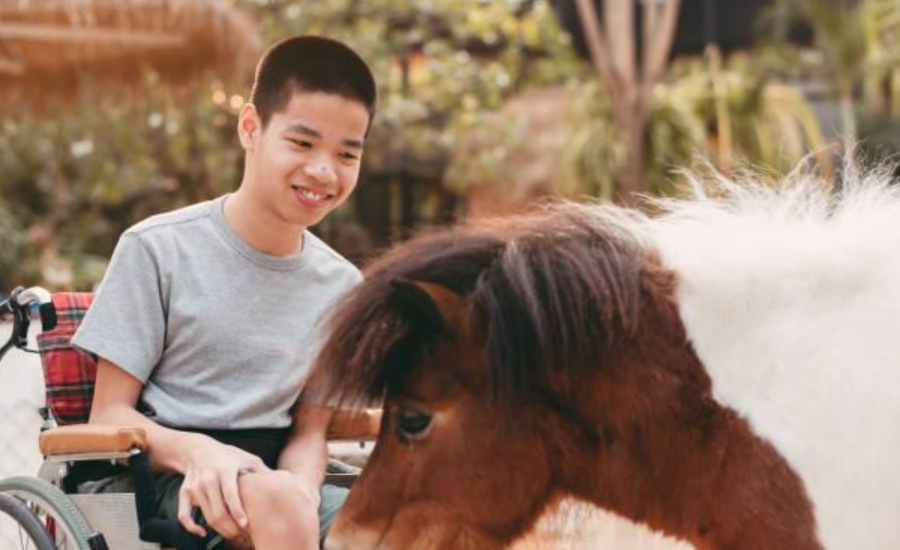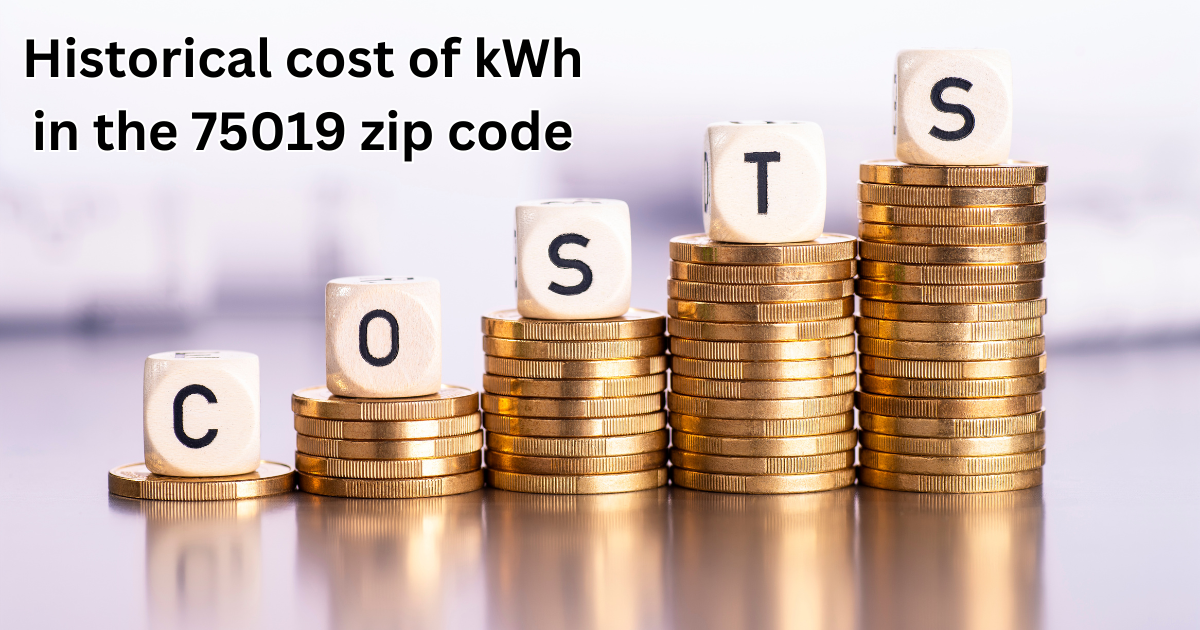Addiction is a complex and challenging condition that affects individuals both mentally and physically. Traditional methods of treatment, such as therapy, medication, and counseling, have been crucial in helping people navigate their recovery. However, there’s an increasing interest in alternative therapies, particularly horse-assisted recovery, to complement these treatments.
This approach, also known as equine-assisted therapy, focuses on using interactions with horses to aid in the recovery process. The deep connection that forms between humans and horses creates a powerful healing experience that can help individuals regain control over their lives, build emotional resilience, and develop healthier coping mechanisms. In this blog, we’ll dive into how horse-assisted recovery plays a role in overcoming addiction, its benefits, and why it’s becoming a popular method of treatment.
What is Horse-Assisted Recovery?
Horse-assisted recovery is a form of experiential therapy where individuals work directly with horses under the guidance of trained mental health professionals and equine specialists. Unlike traditional talk therapy, this method is experiential, meaning individuals actively engage in tasks such as grooming, leading, and interacting with horses.
The beauty of this therapy is that it’s not about riding or learning equestrian skills but about forming a bond with the horse. Horses are highly sensitive and intuitive animals that respond to human emotions. This unique sensitivity allows them to provide feedback based on a person’s emotional state, making it easier for individuals to recognize and confront their own feelings. In horse-assisted recovery, this dynamic fosters emotional growth and healing, particularly for those struggling with addiction.
Why Horses?
Horses have long been valued for their strength, beauty, and gentle nature. But their role in therapy stems from their unique ability to mirror human emotions and offer non-judgmental companionship. Here’s why they’re such effective partners in addiction recovery:
Non-verbal Communication: Horses communicate largely through body language and energy, allowing individuals to engage with them in a non-verbal yet deeply emotional way. This is especially helpful for those who find it difficult to express their emotions in words.
Mirroring Emotions: Horses are attuned to the emotions of the person working with them. If someone approaches a horse with anxiety, fear, or aggression, the horse often mirrors those feelings. This real-time feedback helps individuals become more aware of their emotional state, encouraging them to manage their emotions more effectively.
Presence and Mindfulness: Horses live entirely in the moment, without dwelling on the past or future. This encourages people to focus on the present, an important skill for those recovering from addiction, as it helps reduce feelings of anxiety, guilt, or shame.
How Horse-Assisted Recovery Aids Addiction Recovery
Addiction often comes with a host of emotional challenges, including anxiety, depression, low self-esteem, and feelings of isolation. Horse-assisted recovery can help individuals address these emotional and psychological barriers, making the recovery journey more holistic and fulfilling.
1. Building Trust and Connection
One of the most significant impacts of addiction is the breakdown of trust, both in oneself and in relationships with others. The bond that develops between a person and a horse helps to rebuild this trust in a non-threatening way. Horses, by their nature, demand trust and honesty. Working with them requires individuals to be genuine and open, helping to restore their confidence in forming healthy relationships with others.
2. Developing Emotional Regulation
Many people in recovery struggle with regulating their emotions, often turning to substances to cope with overwhelming feelings. Horses react to a person’s emotional energy, whether it’s anxiety, anger, or calmness. If a person approaches a horse in an anxious or aggressive state, the horse may become distant or unsettled. This immediate feedback teaches individuals how to regulate their emotions more effectively, helping them learn healthier ways of coping with stress, frustration, or fear without resorting to substances.
3. Promoting Self-Awareness
In addiction recovery, self-awareness is key to identifying triggers and understanding the root causes of addictive behaviors. Horses encourage individuals to be mindful of their actions and emotions, as horses respond directly to the energy and presence of the person interacting with them. This fosters a heightened sense of self-awareness, allowing individuals to confront their issues in a supportive and non-judgmental environment.
4. Increasing Responsibility and Accountability
Caring for a horse involves responsibility, patience, and consistency. Individuals in horse-assisted recovery learn to take on these tasks, which can translate into their daily lives. Developing a sense of accountability is essential for long-term recovery, as it helps individuals stay committed to their sobriety and personal growth.
5. Reducing Feelings of Isolation
Addiction often leads to isolation, as individuals withdraw from friends, family, and social activities. Horses provide a sense of companionship and acceptance, helping individuals feel less alone during their recovery journey. The non-verbal communication between horse and person creates a connection that is healing and grounding, especially for those who feel disconnected from others.
The Benefits of Horse-Assisted Recovery
Horse-assisted recovery offers numerous benefits for those dealing with addiction, many of which go beyond traditional therapy methods. Here’s a closer look at some of the key advantages:
Stress Reduction: Spending time with horses in a peaceful, natural environment helps reduce stress and anxiety. The calming presence of the animals, combined with the meditative tasks of grooming and leading them, allows individuals to relax and focus on their recovery.
Boosting Confidence and Self-Esteem: Successfully interacting with a horse, especially one that may be initially unresponsive or fearful, can boost confidence and self-esteem. For individuals struggling with addiction, this sense of accomplishment is invaluable as it reinforces their ability to overcome challenges.
Creating Emotional Connections: Horses offer non-judgmental companionship, which can be comforting for individuals who feel judged or misunderstood by others. This emotional connection provides a safe space for individuals to work through their feelings without fear of criticism or rejection.
Breaking the Cycle of Addiction: The experiential nature of horse-assisted recovery allows individuals to engage with their emotions in a hands-on way, breaking the cycle of addiction by addressing underlying emotional and psychological issues.
Who Can Benefit from Horse-Assisted Recovery?
Horse-assisted recovery is not a one-size-fits-all therapy, but it can benefit a wide range of individuals struggling with addiction. This therapy may be particularly effective for:
Those with a history of trauma: Many people who struggle with addiction have experienced trauma. The non-verbal and non-judgmental nature of horses can help individuals process their trauma in a safe and supportive way.
People with co-occurring mental health disorders: Addiction often goes hand-in-hand with other mental health challenges such as depression, anxiety, or PTSD. Horse-assisted recovery helps individuals address these issues in conjunction with their addiction treatment.
Individuals resistant to traditional therapy: Some people may not respond well to talk therapy or find it difficult to express their emotions verbally. Horse-assisted recovery offers an alternative way to work through their feelings and emotional challenges.
FAQs about Horse-Assisted Recovery
Q1. What is horse-assisted recovery?
A. Horse-assisted recovery is a type of therapy that involves working with horses to aid in the recovery process from addiction. The therapy focuses on building trust, emotional regulation, and self-awareness through interactions with horses.
Q2. How does horse-assisted recovery help with addiction?
A. This therapy helps individuals address the emotional and psychological aspects of addiction. Horses provide feedback on a person’s emotional state, helping individuals learn emotional regulation, build trust, and develop healthier coping mechanisms.
Q3. Do I need experience with horses to participate in horse-assisted recovery?
A. No experience with horses is required. The therapy is guided by trained professionals, and participants are introduced to the horses in a safe and controlled environment.
Q4. Is horse-assisted recovery a replacement for traditional therapy?
A. No, horse-assisted recovery is typically used in conjunction with traditional addiction therapies such as counseling, medication, and support groups. It complements these methods by offering experiential learning and emotional healing.
Q5. How long does it take to see results from horse-assisted recovery?
A. The timeline varies depending on the individual. Some people may feel the benefits after a few sessions, while others may require longer engagement with the therapy. It is typically part of a broader recovery plan.
Conclusion
Horse-assisted recovery offers a unique and powerful approach to overcoming addiction. By building trust, promoting emotional regulation, and fostering self-awareness, this therapy provides individuals with the tools they need to heal emotionally and mentally. Horses, with their gentle and intuitive nature, offer a safe and supportive environment for those navigating the difficult path of addiction recovery. If you or someone you know is struggling with addiction, exploring the benefits of horse-assisted recovery may be an important step toward lasting recovery and emotional well-being.
Stay In Touch For More Updates And Alerts: Raivan










